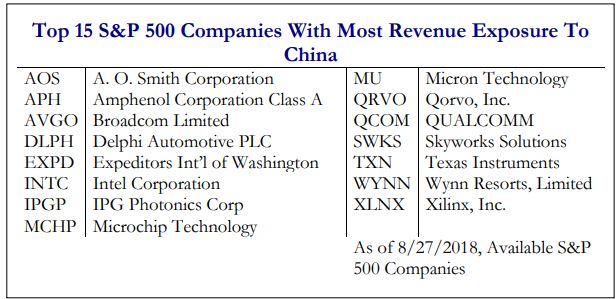
Facebook was once the crown jewel of the Silicon Valley tech giants, but in a year of increased oversight on Capitol Hill, Mark Zuckerberg’s social media platform has been plagued by scandals.
Continue Reading Below
Shares of Facebook have fallen to $139.34, the lowest since April 2017, compared to $177.18 during the same period last year. Zuckerberg has also lost a whopping $17.8 billion so far this year, according to the Bloomberg Billionaires Index, along with his place as the world’s third-richest person (he’s now ranked sixth).
From George Soros to Cambridge Analytica, here’s a closer look at some of Facebook’s biggest controversies from recent years.
2016
Russian groups reportedly flooded Facebook with propaganda ads and false information during the presidential campaign. Facebook eventually said Russian accounts bought more than $100,000 worth of ads.
March 17
Advertisement
The New York Times and The Guardian published shocking exposés that revealed Facebook had inadvertently allowed the political consulting firm Cambridge Analytica to gather data from 50 million users, which was then reportedly used to influence the 2016 presidential election.
That number was later corrected to 87 million.
March 21
Zuckerberg apologized for the data breach in an online blog post, explaining the company had already taken steps to address “this important issue.”
“This was a breach of trust between Kogan, Cambridge Analytica and Facebook,” he wrote. “But it was also a breach of trust between Facebook and the people who share their data with us and expect us to protect it. We need to fix that.”
April 10-11
Zuckerberg appeared on Capitol Hill to testify in front of the Senate Judiciary and Commerce Committees, and in front of the House Energy and Commerce Committees the next day.
“Over the past few weeks, we’ve been working to understand exactly what happened with Cambridge Analytica and taking steps to make sure this doesn’t happen again,” he said in prepared remarks.
He also addressed election interference, and said a proposed remedy is to let only verified users run electoral or issue ads, which would be marked specifically as political ads.
“We didn’t take a broad enough view of our responsibility, and that was a big mistake,” he said.
June 3
The New York Times reported that Facebook struck agreements allowing phone and other device makers — including Apple, Amazon, BlackBerry, Microsoft and Samsung – access to large amounts of users’ personal information.
Sept. 5
COO Sheryl Sandberg testified on Capitol Hill before the Senate Intelligence Committee regarding efforts to identify and prevent attempts by foreign governments to spread false information on social media platforms.
She agreed that users should own their personal data and information.
More from FOX Business
Sept. 28
Facebook revealed that a hack allowed attackers to harvest millions of phone numbers and email addresses. The company later said the hackers used 400,000 accounts under their control to gain the access tokens of 30 million Facebook users. It was the largest data breach in the company’s history.
Nov. 14
In a shocking report, The New York Times detailed alleged tactics by the company to delay, deflect and deny scrutiny over Russian disinformation and the increasing spread of hate speech.
Facebook officials denied numerous allegations made in the Times piece, which said the company’s leadership was not fast enough to address the spread of fake news, all while it neglected to investigate Russian interference in the 2016 presidential election.
It also revealed Facebook’s ties to Washington-based public relations firm that, according to the Times, sought to discredit the social network’s critics, often by linking them to liberal activist George Soros, a frequent target of anti-Semitic attacks.
Facebook severed ties with the group, Definers Public Affairs, that same day.
Nov. 15
Facebook announced in a lengthy blog post that it would create an independent body to monitor offensive content.
“As I’ve thought about these content issues, I’ve increasingly come to believe that Facebook should not make so many important decisions about free expression and safety on our own,” Zuckerberg wrote.
Nov. 30
Two weeks after the original bombshell report, the New York Times reported that Sandberg asked Facebook’s communications staff to research Soros’ financial interests after his high-profile attacks on tech companies — Facebook in particular.
“Mr. Soros is a prominent investor and we looked into his investments and trading activity related to Facebook,” the company said in a statement to the Times.


